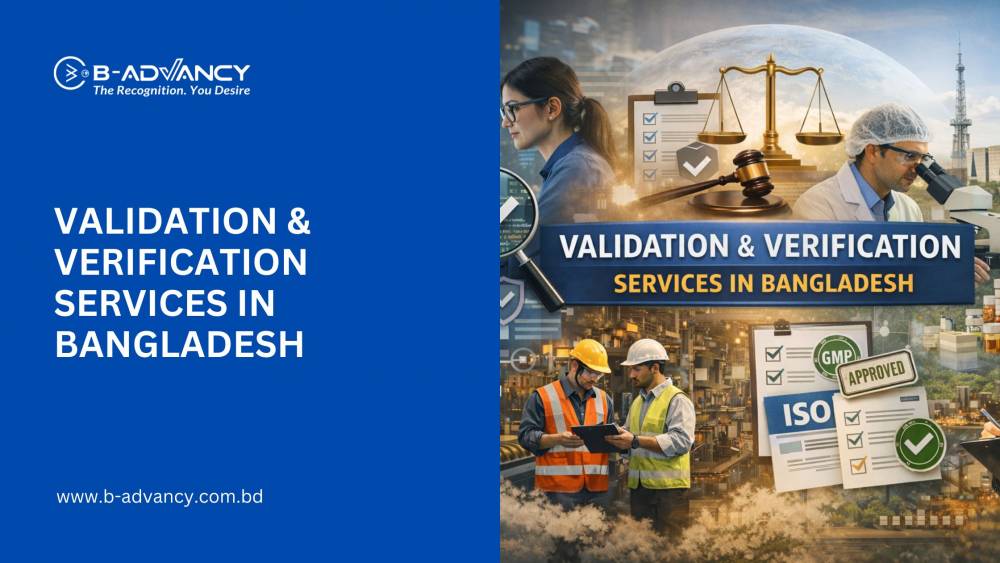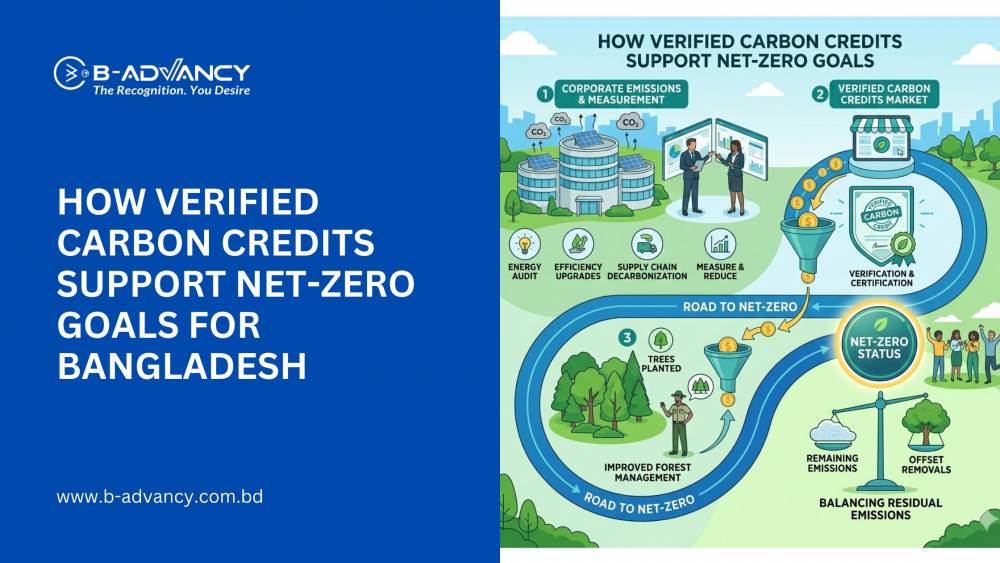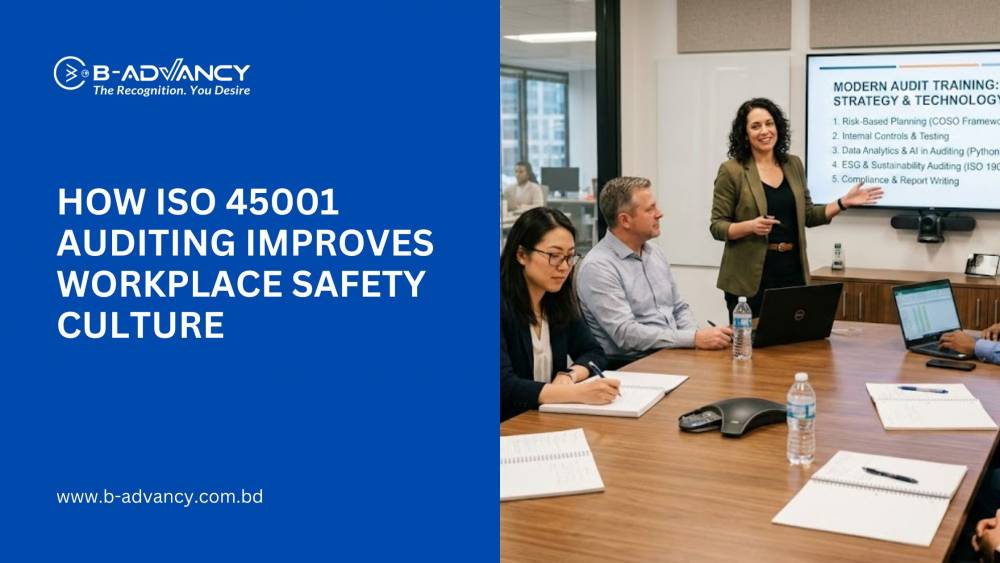Introduction:
In the ever-evolving landscape of global trade, ensuring the safety and traceability of food products is paramount. ISO 22005, a standard developed by the International Organization for Standardization (ISO), plays a crucial role in enhancing the transparency and reliability of food supply chains. This blog explores the significance of ISO 22005 and how it benefits countries like Bangladesh in fortifying their food supply systems.
ISO 22005: An Overview
ISO 22005 is a standard designed to address the challenges associated with food safety and traceability. It provides a comprehensive framework for organizations involved in the food supply chain to establish effective traceability systems. The standard encompasses various aspects, including documentation, communication, and control procedures, all aimed at ensuring the integrity of food products from farm to fork.
Benefits of ISO 22005 for Bangladesh:
Enhanced Food Safety:
ISO 22005 emphasizes the implementation of robust food safety management systems. For Bangladesh, a country with a significant agricultural sector, this translates to improved quality control and reduced risks of foodborne illnesses. The standard promotes the adoption of best practices in handling, processing, and transportation, thereby ensuring that consumers receive safe and wholesome products.
Global Market Access:
With an increasingly interconnected global market, adherence to international standards is vital for accessing and competing in global trade. ISO 22005 certification for Bangladesh's food supply chain enhances the country's credibility and demonstrates its commitment to meeting international food safety requirements. This, in turn, opens doors to new markets and strengthens existing trade relationships.
Traceability and Transparency:
ISO 22005 places a strong emphasis on traceability, enabling organizations to identify and track the flow of food products throughout the supply chain. In a country like Bangladesh, where agriculture is a significant contributor to the economy, traceability ensures that the origin and journey of each product can be easily traced. This not only bolsters consumer confidence but also aids in swift and targeted recalls in the event of a food safety issue.
Supply Chain Optimization:
Implementing ISO 22005 fosters efficiency in the food supply chain by optimizing processes and minimizing waste. Bangladesh, with its diverse agricultural output, can benefit from streamlined supply chain operations. From farmers to processors to distributors, all stakeholders can collaborate more effectively, resulting in reduced costs and improved overall productivity.
Risk Mitigation:
ISO 22005 encourages proactive risk management strategies. Bangladesh, being susceptible to natural disasters and other challenges that can impact food production, can use the standard to develop and implement contingency plans. This proactive approach not only mitigates risks but also ensures a quicker recovery from disruptions, safeguarding the nation's food security.
Consumer Confidence:
ISO 22005 certification instills confidence in consumers by assuring them of the safety and quality of the food they consume. In a competitive global market, having a reliable and transparent food supply chain can give Bangladesh a distinct advantage. Consumers are more likely to choose products with ISO 22005 certification, leading to increased market share and positive economic impacts.
Conclusion:
ISO 22005 serves as a beacon for countries like Bangladesh, offering a roadmap to fortify their food supply chains. By embracing this standard, Bangladesh can enhance food safety, gain access to global markets, and establish a transparent and efficient supply chain. As the nation continues to grow and contribute to the global food trade, ISO 22005 provides the framework for a sustainable and resilient food supply system that benefits both producers and consumers alike.





































































































































































































